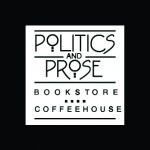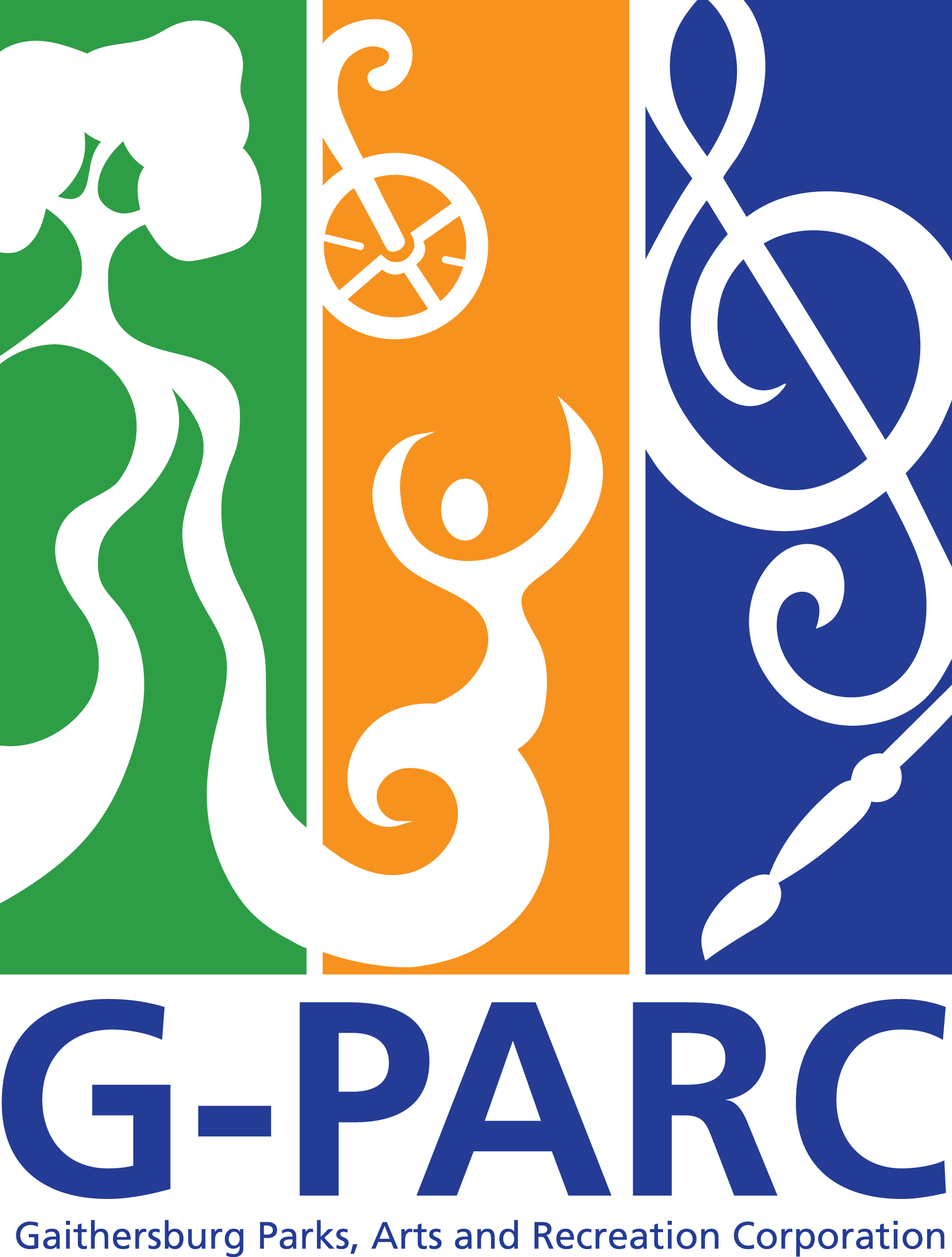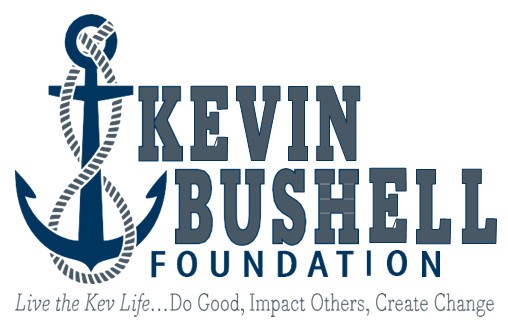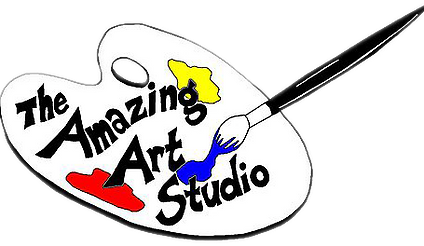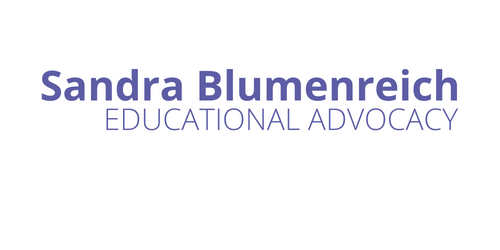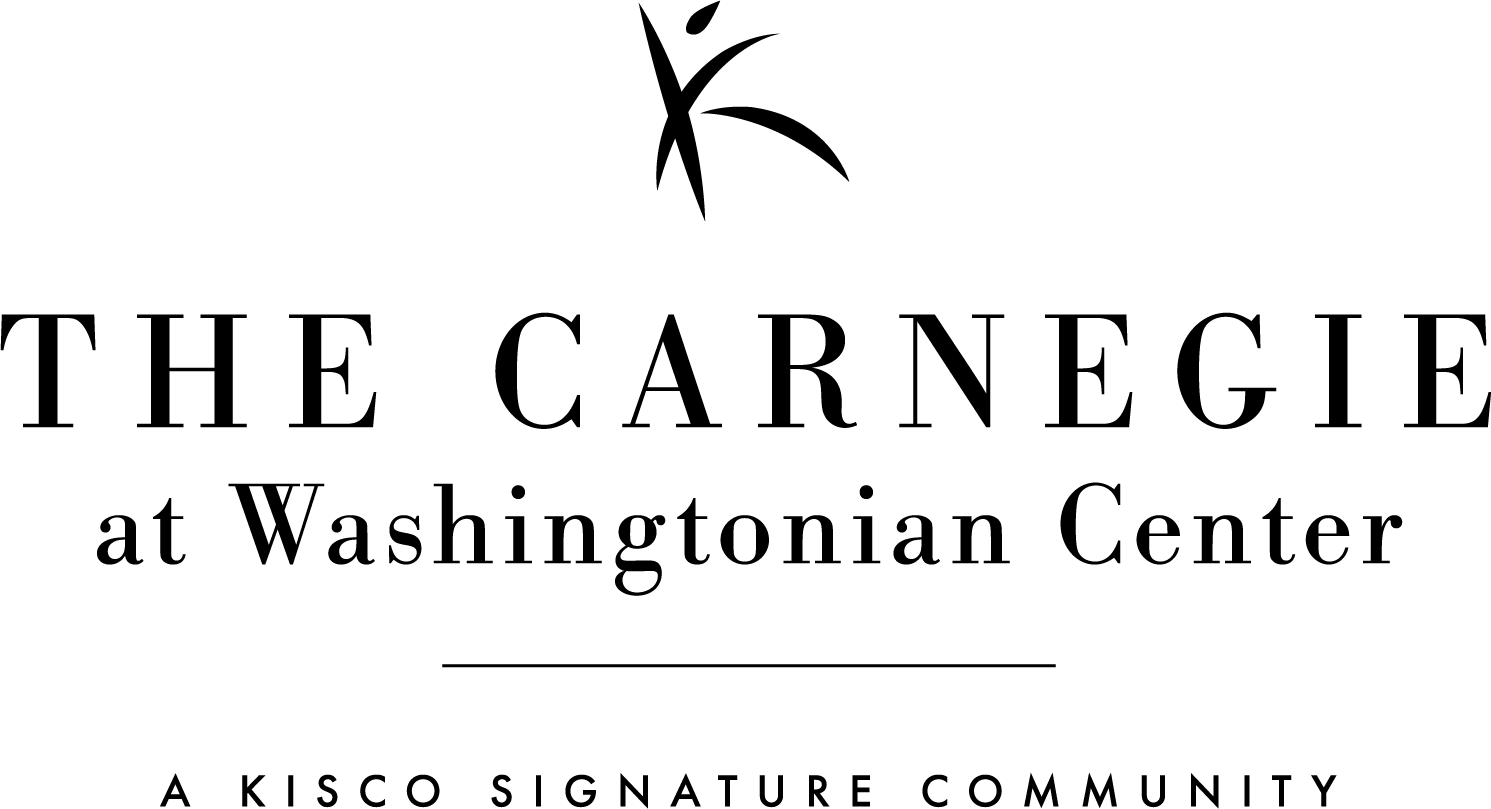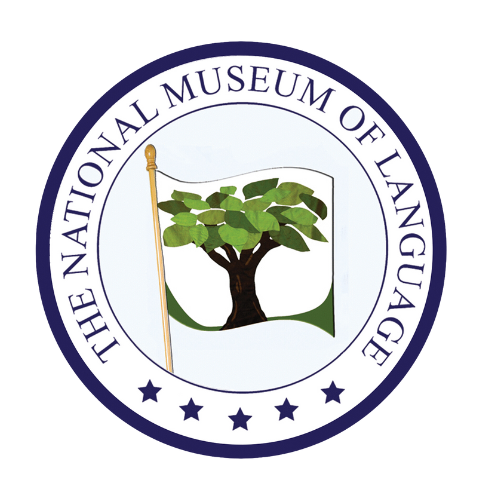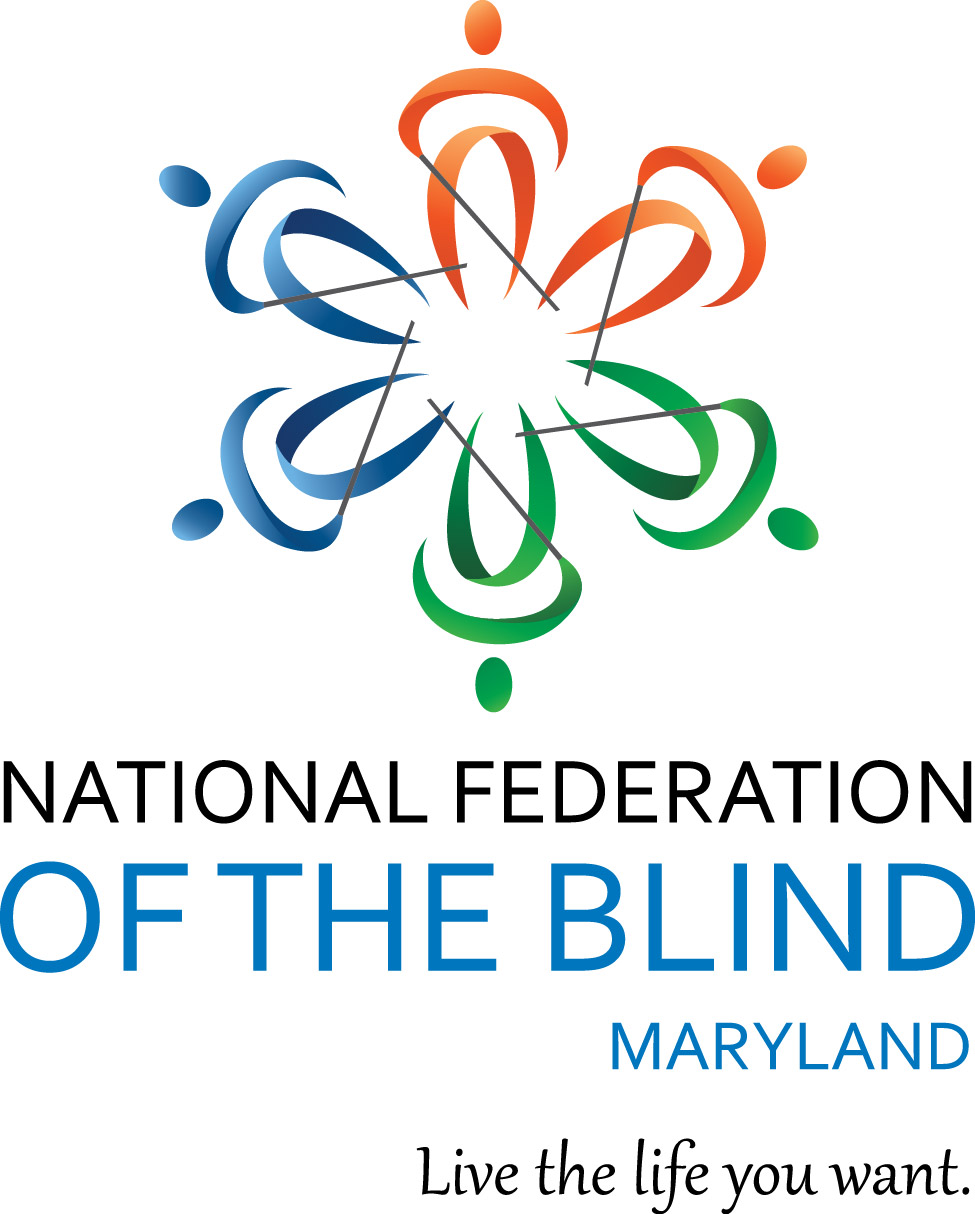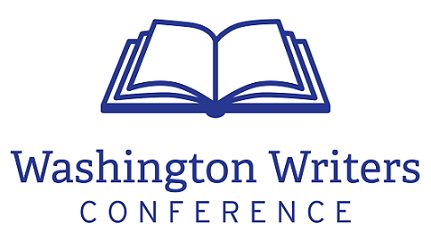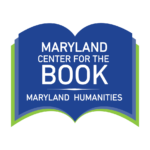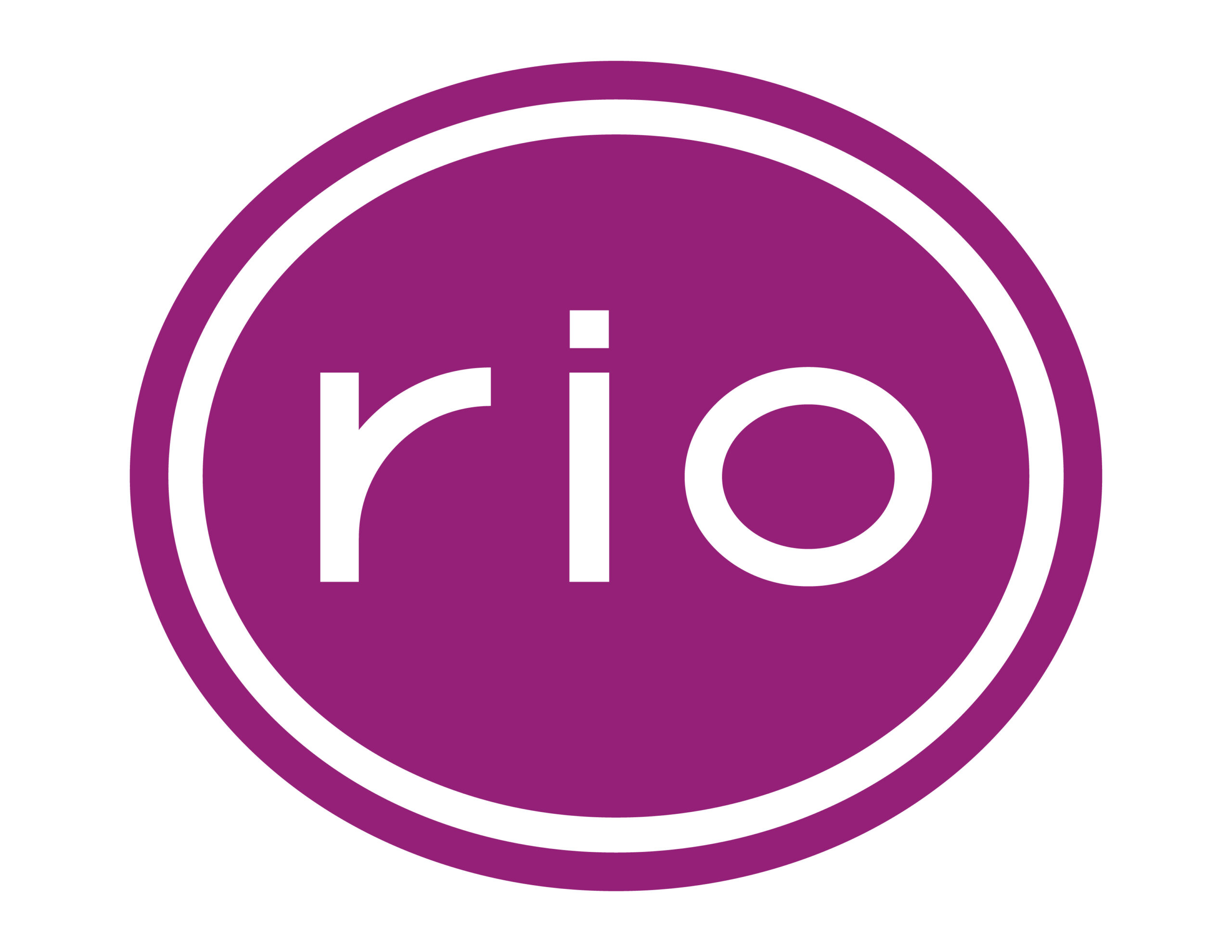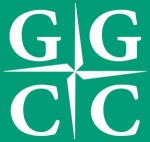Q&A with 2012 Featured Author Varley O’Connor

What advice do you have for aspiring authors?
As a creative writing teacher, I have a lot to say on this subject! Most serious writing students know to read and write all the time. What they sometimes are not aware of is how difficult it is to grow as a writer—and not to lose heart—if one works entirely alone. I did that for years. Once I became a member of a writing workshop, I progressed so much more rapidly. Suddenly, twelve really smart people who were as obsessed as I was about writing carefully read and commented on my work; it was like having twelve more pairs of eyes! And after twenty years, several of the original members of my workshop remain my first readers, and I theirs. New writers don’t necessarily have to enroll in a university graduate writing program. There are all kinds of workshops and writing groups out there, even online.
What are you reading right now?
“An Awfully Big Adventure” by Beryl Bainbridge. Many American readers aren’t familiar with Bainbridge, a great English novelist who died just two years ago. I wasn’t familiar with her myself, until recently. On the surface her writing is very sharp, clean, witty, and fresh, and her novels are short. What’s amazing is how deep this seemingly simple writing goes, and how the plots take surprising swerves you can never predict but that seem utterly right in terms of the characters and the situations.
The one I’m on now is about a young girl who joins a theater troupe in 1950s Liverpool and falls in love with the director. But it’s also a sort of rewriting of Peter Pan, from a female perspective. I love both the fascinating surface of this novel and its rather shocking interior story. I also loved Bainbridge’s “According to Queeny,” which is based on the love affair between Dr. Samuel Johnson and a society woman who was married to someone else. It’s imagined from the point of view of the woman’s daughter. It’s funny, beautifully rendered, and moving. And it really gets 18th century London. I thought I was there!
What’s your favorite opening line from a book?
I hope it is okay to quote several opening lines, since they are short and go together:
“Lolita, light of my light, fire of my loins. My sin, my soul. Lo-lee-ta: the tip of the tongue taking a trip of three steps down the palate to tap, at three, on the teeth. Lo. Lee. Ta.” — Lolita, Vladimir Nabokov
The alliteration is wonderful. But of course Nabokov is also acknowledging the physical attraction of his narrator/main character by representing Lolita’s name as if he is literally saying it, caressing it with his mouth.
The highest achievement of this novel, however, is how Nabokov’s horrifying Humbert ultimately transcends his own crime, at least mentally, by finally seeing through his terrible obsession and objectification of Lolita—he ultimately recognizes her as an individual and feels regret for essentially robbing her of her childhood.
What book has inspired or affected you in some way?
“The Master” by Colm Toibin is so beautifully written and fascinating in how it connects the life of Henry James with his fiction. It gave me the confidence to begin my own novel about a real life person I became fascinated by: Tanaquil Le Clercq, the central character of my new novel, The Master’s Muse. Of course James and Le Clercq were very different and lived in different eras. But they were both great artists who accomplished tremendous things in their lives and inhabited fascinating worlds.
Toibin’s novel depicts James’s context (the externals that shaped him and his work) and also his inner life, following how the two connect. And although Toibin’s The Master is a work of art in itself, it is also a homage to a writer Toibin esteems. My respect for the life of Tanaquil Le Clercq is similar. So while I tried to represent her honestly, without being flowery or sentimental, I did strive to convey what I see as an extraordinary life, both artistically and personally. The connection she had with Balanchine is truly fascinating, and it connects so acutely to issues in all of our lives.







